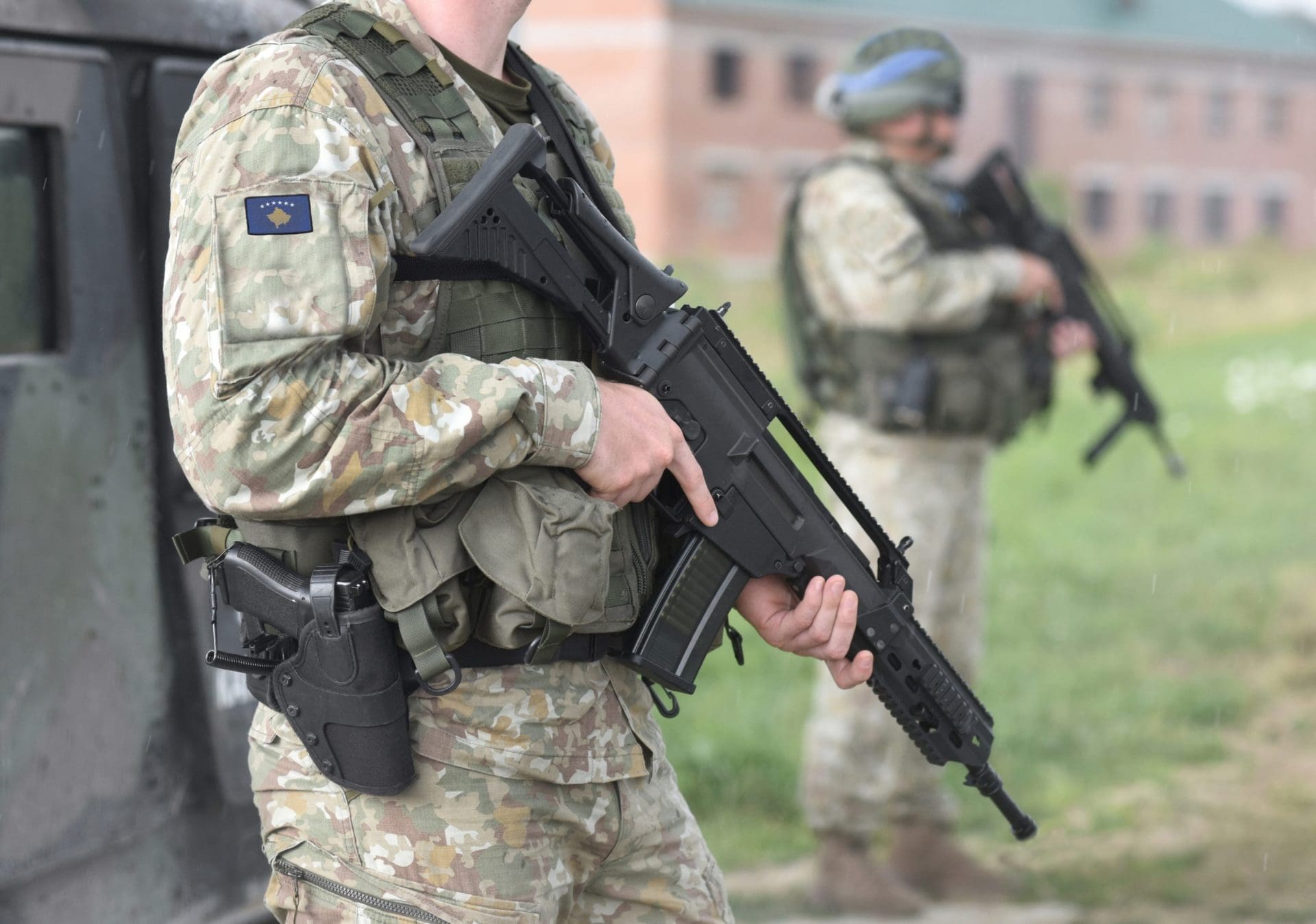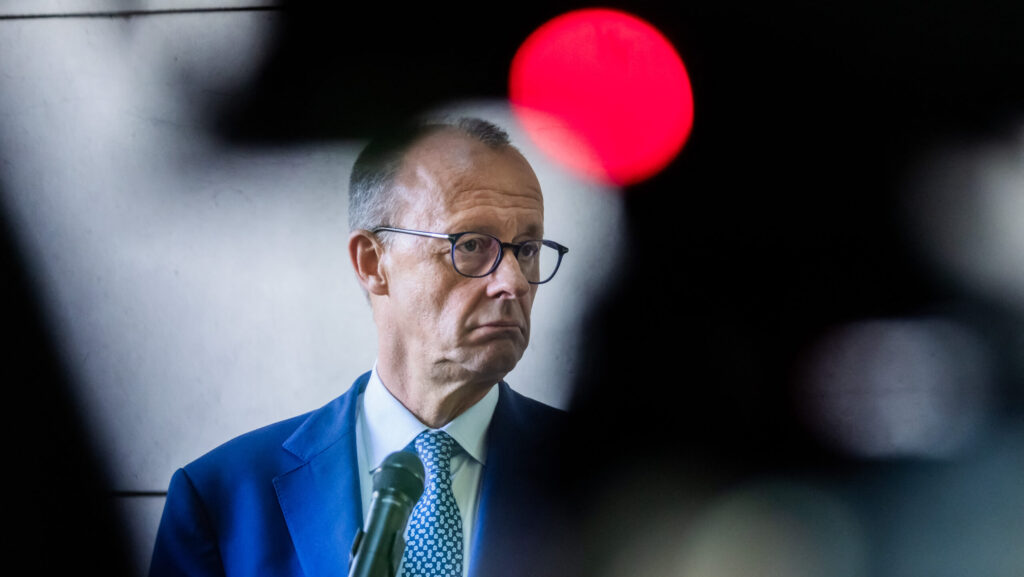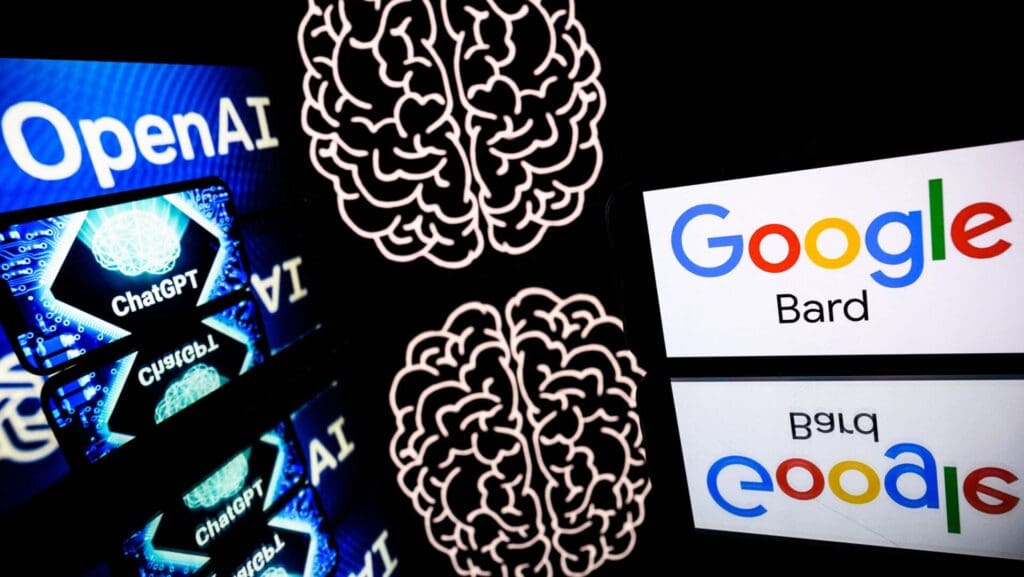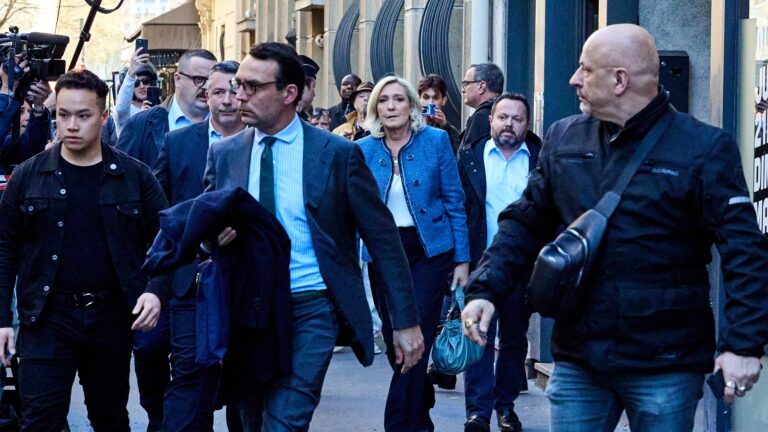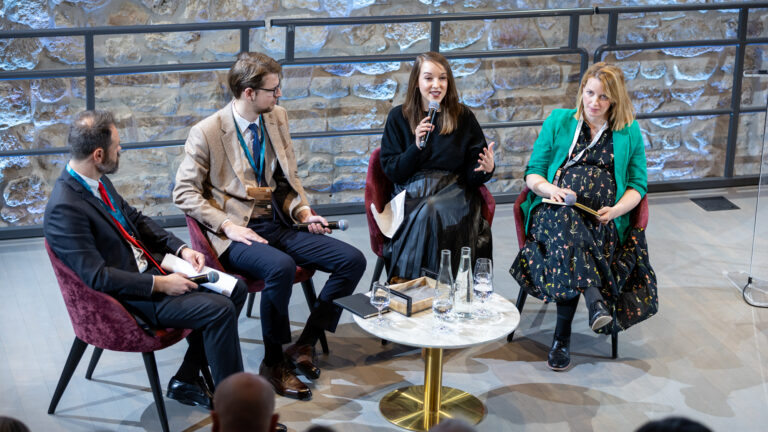Serbian president Aleksandar Vucic and Kosovo prime minister Albin Kurti started negotiations on Thursday in Brussels to resolve the recent tensions between their countries. While EU foreign policy chief (Josep Borrell) predicted ‘open’ and ‘flexible’ talks, so far, no agreement was achieved. The current talks are happening under the EU-led Belgrade-Pristina Dialogue – the initiative was launched in 2011, and it aims to normalise relations between the two Balkan nations. While the talks produced no immediate outcome, after Borrell spoke with both leaders one-on-one, they agreed to continue the negotiations in the days to come. Preceding the talks facilitated by the EU, the two leaders met with NATO Secretary-General Jens Stoltenberg on Wednesday. NATO pledged to increase peacekeeper presence in Kosovo if needed.
Kosovo, a former province of Serbia, gained independence following the 1999 Kosovo war in which NATO intervened to stop the ethnic cleansing in the region under then-president of Serbia Slobodan Milošević. Kosovo declared its independence from Serbia in 2008 (with the support of the US and the UK among others), and now it is recognised by most UN member states. Serbia, on the other hand, still views Kosovo as its own territory. Today ethnic Serbs make up 5 per cent of Kosovo’s 1.8 million population, which is 90 per cent ethnically Albanian. The ethnic minority lives mostly in the northern part of the country. Since 1999, there has been a continued presence of UN-NATO peacekeeping forces (KFOR) in Kosovo, including Hungarian troops, and the end of their mission is not in sight.
Today ethnic Serbs make up 5 per cent of Kosovo’s 1.8 million population
The current tensions were sparked by one of Kosovo’s new laws. Kosovo decided earlier this month to mandate everyone–including Serbs living in Kosovo–to have Kosovar ID cards and license plates. Since so far Serbians living in Kosovo could use their Serbian license plates, under the new law now they are required to change their licenses. Serbs in Northern Kosovo responded to the new measure by protests, road blockades and by firing shots in the direction of Kosovar police officers (without actually hurting anyone). While Serbia blamed the new law for the tensions, Prishtina criticised Serbia for inciting violence and accused it of wanting to destabilise Kosovo. Serbia was quick to respond to these claims, and accused Kosovo of trying to chase the remaining Serbs out of Kosovo and pledged to stop the ‘pogrom’ by ‘all available means’. Responding to pressure from Western countries including the US and the EU, Kosovo delayed the implementation of the law until 1 September. In the meantime, the EU is now working on resolving the tensions through talks in Brussels.
The disputes on vehicle plates are not new. In 2021, Kosovar authorities mandated those arriving at the border to use temporary, printed license plates which were valid for 60 days. The gist of the dispute over the plates is that the North Kosovo Serb population still uses plates which were issued by Serbia in the 1990s. These plates mark only cities in Kosovo, instead of recognising it as a sovereign state with the ‘RKS’ (Republic of Kosovo) acronym. Since Serbia does not recognise Kosovo as an independent state, it also does not recognise Kosovo’s right to issue license plates.
Serbia refused to impose sanctions on Moscow and never explicitly condemned the war in Ukraine
The EU considers its role in the talks crucial, as since the beginning of the war, Russia has been pushing to increase its influence in Serbia. Russia and Serbia, both Slavic, Eastern Orthodox countries, share a long-standing past of cooperation and mutual sympathy; Serbia refused to impose sanctions on Moscow and never explicitly condemned the war in Ukraine. Russia was quick to join the information war on the license plate issue, supporting Serbia by claiming that ethnic Albanians in Kosovo oppress and use violence against Serbs in Kosovo. To counteract Russian influence in the West Balkans–which has been growing since the beginning of the war–the EU has offered to host the talks in Brussels, with EU mediation. The EU has some leverage over the two countries – Serbia is a long-time aspirant to the EU, while Kosovo has declared that it will formally apply for EU membership towards the end of 2022.
Soon after the first round of talks were concluded, Twitter suspended the account of 16 Serbian politicians. According to the platform, the members of parliament (13 of whom are from the ruling Serbian Progressive Party) violated Twitter’s rules. Earlier this year in April Twitter labelled a number of Serbian newspapers as being controlled or influenced by the government. Furthermore, Twitter also removed well over 8 000 accounts that the platform declared to have been ‘working to promote Serbia’s ruling party.’

